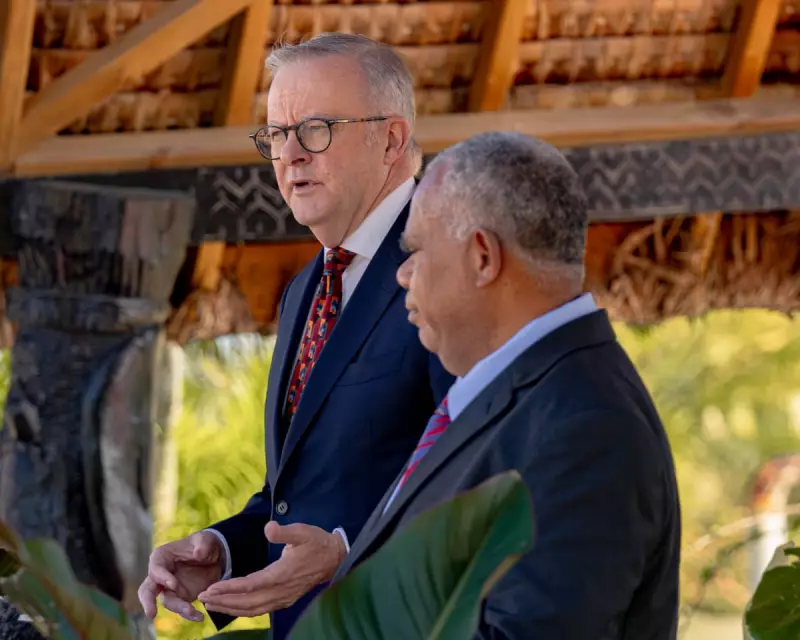
Australia's ambitious bid to host the pivotal COP31 United Nations climate conference in 2026 is teetering on the brink of collapse amid a tense diplomatic standoff with Turkey, which has refused to withdraw its competing hosting proposal.
The deadlock has created significant uncertainty around the crucial climate summit, which comes at a critical juncture in global efforts to address the escalating climate crisis. Diplomatic sources indicate that Turkey's unwavering position has effectively blocked Australia's Pacific-backed bid from proceeding.
Pacific Partnership Under Threat
Australia had positioned its bid as a partnership with Pacific island nations, many of which face existential threats from rising sea levels and climate impacts. This collaborative approach was seen as a way to amplify the voices of vulnerable nations in climate negotiations.
"The Pacific has been very clear that hosting COP31 in our region is crucial for ensuring the survival of island nations," said a representative from a Pacific government. "This impasse undermines the very communities most affected by climate change."
Diplomatic Efforts Intensify
Senior Australian officials have been engaged in frantic behind-the-scenes negotiations with Turkish counterparts, urging them to reconsider their position. However, these efforts have so far failed to break the deadlock, with Turkey maintaining its right to pursue the hosting rights.
The situation has become increasingly urgent as the UN climate body requires regional consensus before formally accepting any hosting proposal. Without Turkey's withdrawal, the Eastern European group cannot put forward a unified candidate.
Global Implications
The hosting conflict comes at a particularly sensitive time for international climate diplomacy. COP31 is expected to be a critical moment for assessing global progress on emission reduction targets and climate finance commitments.
Climate experts warn that the uncertainty surrounding the summit's location could disrupt preparatory work and undermine the momentum needed for ambitious climate action. Many nations are already behind schedule on their Paris Agreement commitments, making the 2026 summit particularly significant.
What Happens Next?
The UN climate body may need to intervene if the deadlock persists. Potential solutions include:
- Formal mediation between the competing bids
- Extension of the bidding timeline to allow for resolution
- Consideration of alternative hosting arrangements
- Intervention from other regional nations to break the impasse
With time running short before crucial UN deadlines, the international community watches anxiously to see whether diplomacy can prevail or if the climate summit process will face unprecedented disruption.





